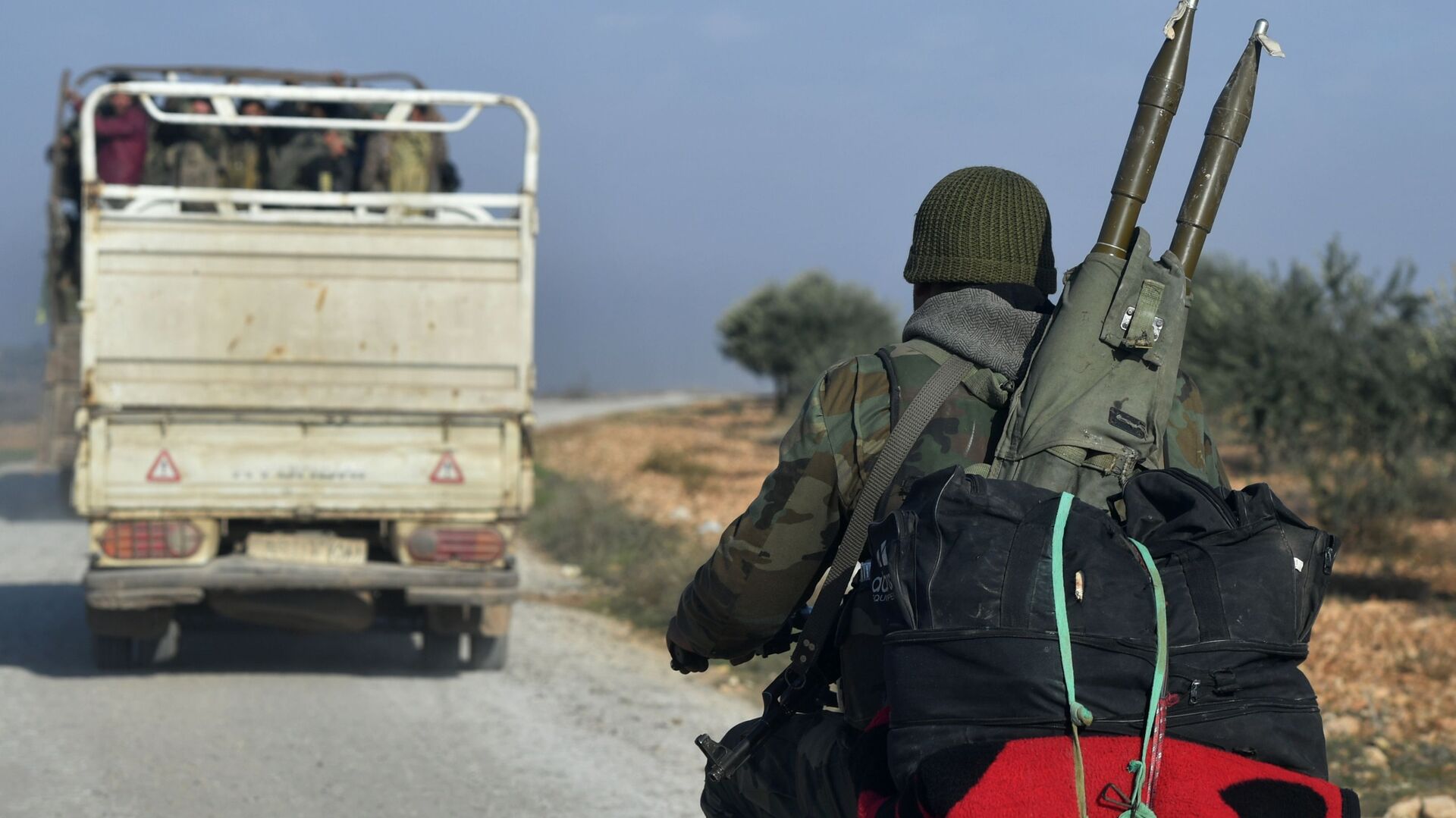https://sputnikglobe.com/20221122/russian-envoy-slanders-fake-reports-on-indiscriminate-syrian-strikes-in-idlib-1104526134.html
Russian Envoy Slams Fake Reports on 'Indiscriminate Syrian Strikes' in Idlib
Russian Envoy Slams Fake Reports on 'Indiscriminate Syrian Strikes' in Idlib
Sputnik International
ASTANA (Sputnik) - The allegation that the Syrian armed forces supported by Russia conducted indiscriminate strikes in the northwestern city of Idlib are... 22.11.2022, Sputnik International
2022-11-22T07:21+0000
2022-11-22T07:21+0000
2023-01-08T16:47+0000
world
russia
idlib
syria
https://cdn1.img.sputnikglobe.com/img/107816/31/1078163133_0:121:3211:1927_1920x0_80_0_0_71d1fb6a3d68a06bc1c53e83c7f71b4f.jpg
The official specified that strikes target the headquarters of militants to prevent "provocative actions" on their part.The 19th round of high-level talks of the Astana format summit on the peaceful settlement in Syria is taking place in the Kazakh capital of Astana from November 22-23. Russia, Iran and Turkey are the guarantor states of the Astana format on Syria. The talks are taking place amid fresh Turkish airstrikes against Kurdish militia in the north of Syria.Syria has been in the grip of an armed conflict since 2011. Though the victory over the Daesh* was announced in 2017, counterterrorist missions are still ongoing in certain areas of Syria and Iraq. Current priorities include the political settlement, the restoration of the country and the return of refugees.*Daesh (also known as ISIS/ISIL/IS) is a terrorist organization banned internationally by many countries, including Russia
russia
idlib
syria
Sputnik International
feedback@sputniknews.com
+74956456601
MIA „Rossiya Segodnya“
2022
Sputnik International
feedback@sputniknews.com
+74956456601
MIA „Rossiya Segodnya“
News
en_EN
Sputnik International
feedback@sputniknews.com
+74956456601
MIA „Rossiya Segodnya“
Sputnik International
feedback@sputniknews.com
+74956456601
MIA „Rossiya Segodnya“
russia, idlib, syria
Russian Envoy Slams Fake Reports on 'Indiscriminate Syrian Strikes' in Idlib
07:21 GMT 22.11.2022 (Updated: 16:47 GMT 08.01.2023) ASTANA (Sputnik) - The allegation that the Syrian armed forces supported by Russia conducted indiscriminate strikes in the northwestern city of Idlib are false, as every strike proceeds only after thorough target verification, Russian special presidential envoy for Syria Alexander Lavrentyev said on Tuesday.
"I must note the flow of false information in Western media about the Syrian armed forces, with Russia's support, having launched a series of indiscriminate strikes on the territory of Idlib. This is false information. All strikes are carried after triple verification of targets," Lavrentyev said at the beginning of the 19th round of talks on the Syrian settlement in Astana.
The official specified that strikes target the headquarters of militants to prevent "provocative actions" on their part.
The 19th round of high-level talks of the Astana format summit on the peaceful settlement in Syria is taking place in the Kazakh capital of Astana from November 22-23. Russia, Iran and Turkey are the guarantor states of the Astana format on Syria. The talks are taking place amid fresh
Turkish airstrikes against Kurdish militia in the north of Syria.
Syria has been in the grip of an armed conflict since 2011. Though the victory over the Daesh* was announced in 2017, counterterrorist missions are still ongoing in certain areas of Syria and Iraq. Current priorities include the political settlement, the restoration of the country and the return of refugees.
*Daesh (also known as ISIS/ISIL/IS) is a terrorist organization banned internationally by many countries, including Russia


